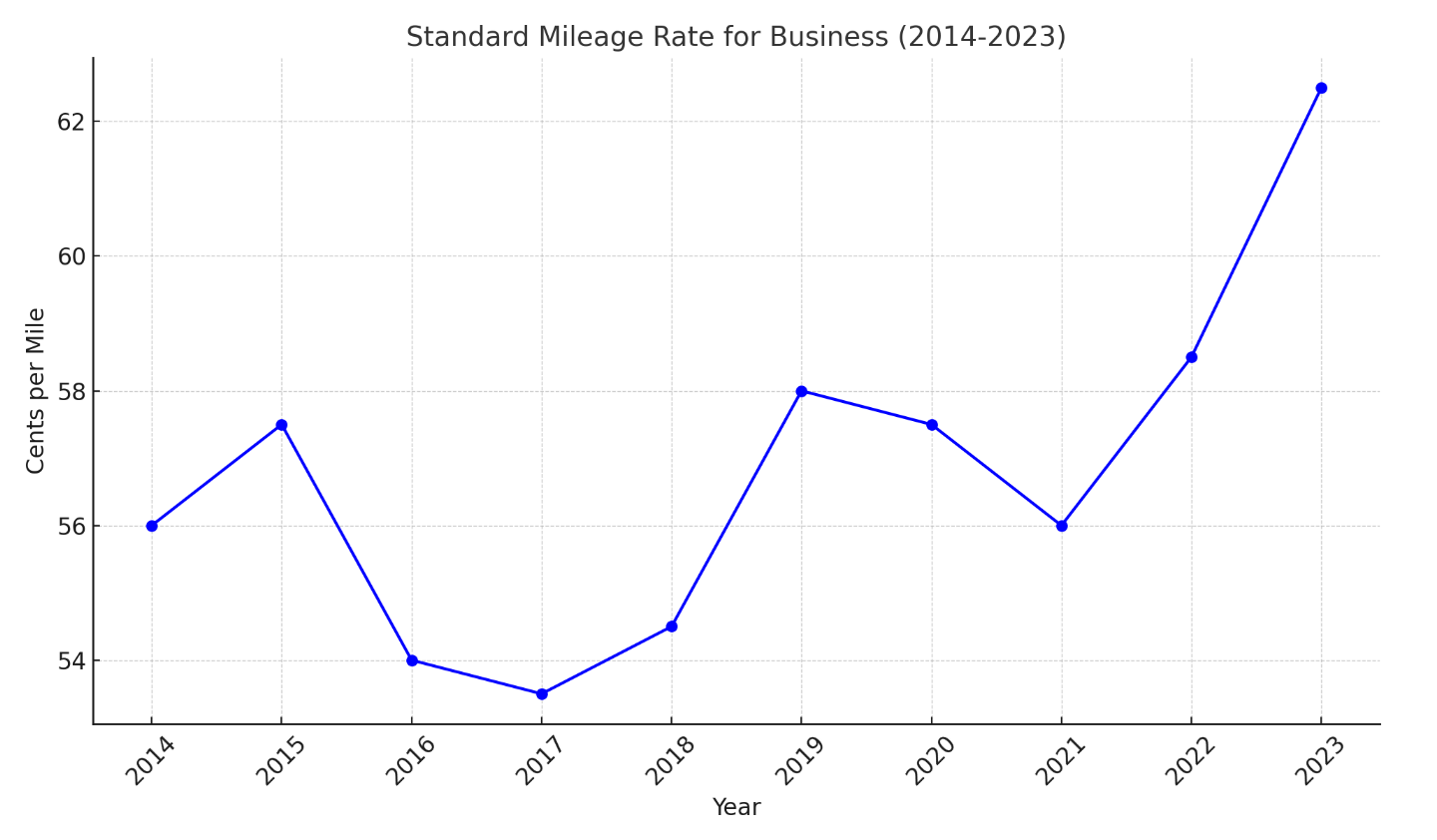One of the big questions new and existing food truck owners have centers on workers’ compensation insurance; otherwise known as food truck workers’ comp. In the food truck industry, there’s no shortage of potential risks that employees face. From slipping on wet floors in the commissary or truck, to suffering cuts and burns, food truck employees could be harmed on the job while simply carrying out everyday tasks.
Because a food truck is typically required to provide a mobile serve your potential for injury is higher than a typical brick and mortar restaurant. Your employees could be involved in an automobile accident, or they could be the victims of robbery, since food trucks are known to carry cash.
Food truck vendors use their workers’ comp policy to protect their mobile food business against the high cost of on the job injuries. In this article I will explain the basics of workers’ compensation insurance and ways it can benefit both employees and owners.
Page Contents
Protecting Your Employees
In the food truck industry, time means money, and the fast pace inside a food truck means that employees are consistently at risk to be involved in accidents. Unfortunately no matter how much time or effort is placed into safety training, food truck owners need to understand that accidents happen all the time.
In the tragic event that an employee dies due to a work-related injury, Worker’s Comp provides death benefits to their dependents. This typically includes funeral expenses and financial support to the employee’s family.
Workers’ comp is a protection policy for your small business that will offset some of the risks that your employees face every shift.
If one of your employees be injured while on the job, your food truck workers’ comp will protect your mobile food business by providing the necessary funds to cover the medical expenses associated with the injury and the lost wages they miss while recovering.
Vendor Benefits
Worker’s Compensation Insurance benefits food truck owners and their employees by covering:
- Legal fees for defending your mobile food business should an employee sue you for work-related injuries.
- Medical expenses associated with your employees’ job-related injuries.
- Wages your employee would have earned during their recovery from an on the job injury.
By covering legal fees, medical expenses, and lost wages, Worker’s Compensation Insurance helps to mitigate the financial risk associated with workplace injuries. Without this insurance, the food truck business would be directly responsible for these costs, which could easily amount to thousands of dollars or more. This could put significant financial strain on the business, and in some cases, could even result in bankruptcy.
In cases where a lawsuit is meritless, your food truck can be covered for the court costs. This includes any attorney fees associated with defending yourself. Without making sure you have food truck workers’ comp in place these costs and fees would likely put you out of business.
Key Details
Take the time to shop around for your food truck workers’ comp package for your food truck. Make sure you keep the following in mind when you make your choice.
Understand Your State’s Workers’ Comp Laws
If your food truck business has employees, your state probably requires some kind of workers’ comp coverage. Make sure you know how much coverage your state requires.
If you don’t employ full-time staff members, you might be still required by your state laws to cover part-time employee’s workers’ comp. When in doubt about your state’s laws concerning food truck workers’ comp, simply ask an insurance professional familiar with your state insurance laws.
Exclude Yourself from Workers’ Comp Coverage
As the owner of a mobile business, you may want to include yourself under your food truck workers’ comp coverage. This would be to provide some additional protection and income security in case you get sick or injured. However, if you want to save some money on your policy, some states will allow you to opt out of this coverage.
Once again, please speak with an insurance professional to understand if this is allowed in your state.
Unpredictable Risks of Working on a Food Truck
In a striking incident that underscores an unexpected risk of operating a food truck, Andre Richards experienced a devastating blow to his livelihood when his parked Gumbo Valley food truck was destroyed in a crash. This event occurred on a seemingly ordinary Monday night, highlighting a risk not commonly associated with the food truck business: being the victim of a traffic accident while stationary.
Fortunately, no one was harmed in this accident. But it’s not difficult to imagine that things could have worked out very differently.
The crash was caused by a 28-year-old woman who rear-ended the food truck. Milwaukee Police Department reported that the driver was arrested on suspicion of operating while intoxicated, and fortunately, there were no physical injuries reported. Richards, inside the truck at the moment of impact, described a harrowing experience of being flung to the front, followed by darkness and a struggle to exit the vehicle.
The loss was not just material but deeply personal for Richards, who saw his food truck as a piece of his dream. Having run his business at this location for three years, the sudden destruction of his food truck represented the loss of five years’ worth of work and effort to build his gumbo restaurant on wheels. Despite the traumatic experience and significant loss, Richards harbors no resentment towards the driver, emphasizing the value of life over material losses. There is currently a GoFundMe campaign to help the food truck rebuild their business and invest in new equipment.
Despite meticulous planning, rigorous safety protocols, and comprehensive insurance coverage, there are elements of risk inherent to operating a mobile business that simply cannot be predicted. Traffic accidents, such as the one that devastated Mr. Richards’ parked food truck, represent a type of risk that goes beyond the expected challenges of equipment malfunctions, food safety, or weather-related disruptions. These external risks underscore the vulnerability of food truck businesses to factors outside their control, including the actions of others on the road.
Risk Management Tips
In addition to food truck workers’ comp insurance, you can help protect your food truck business and staff members by following these basic risk reduction tips.
- Train your staff bi-annually on proper lifting techniques. Beyond lifting and safety equipment use, ensure all staff members receive comprehensive training on safe food handling practices to minimize the risk of contamination and illness.
- Keep the cooking and preparation areas off-limits to customers. This not only helps in maintaining hygiene standards but also reduces the risk of accidents involving customers.
- Conduct daily safety checks of your food truck equipment and vehicle to ensure everything is in proper working order. This includes checking gas lines, fire extinguishers, cooking appliances, and the vehicle’s brakes and tires. Regular maintenance can prevent accidents related to equipment failure or vehicle issues.
- Provide your kitchen staff with proper equipment to safely handle the food they prepare. This includes an enclosed storage area for sharps and plenty of clean towels for heat protection.
- Pu in place a strict dress code, especially when it comes to footwear. This will minimize the risk of slips inside your commercial kitchen and/or food truck.
- Place non-slip mats in areas prone to spills and slips, such as in front of the sink and cooking areas. This can significantly reduce the risk of falls inside the truck.
- Develop a plan for operating in various weather conditions, especially if your food truck is in an area prone to extreme weather. This might include securing awnings and outdoor seating in high winds or having protocols for operating in high temperatures to prevent heatstroke.
Worker’s Compensation Insurance is a critical component of the safety net for food truck employees, providing them with much-needed support in the event of an accident. It goes beyond just covering immediate costs and offers long-term benefits to ensure that employees can recover, rehabilitate, and, if necessary, adapt to new circumstances without bearing the financial burden alone.




